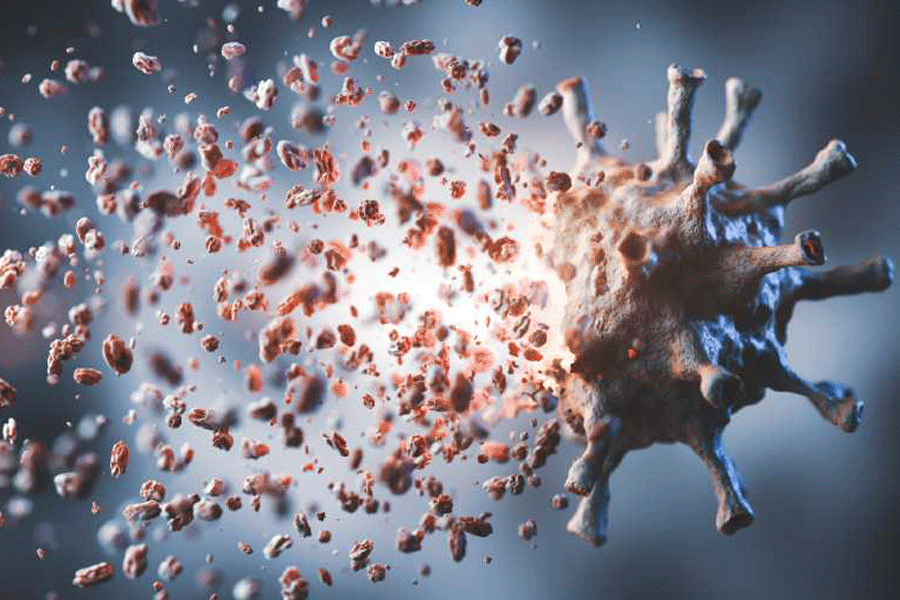Researchers on Wednesday announced their discovery of a new virus previously unknown to science in sediments recovered from the Mariana Trench in the Pacific Ocean, the deepest place on the Earth.
The virus — extracted from a depth of about 8,900 metres, or about as deep under the sea as the 8,848m Mount Everest rises above sea level — belongs to a class of viruses called bacteriophages that infect and replicate inside bacteria.
The new virus infects a bacteria called Halomonas, found in deep-sea sediments and from hydrothermal vents, or geyser-like openings on the seafloor that release streams of hot water originating from beneath the seabed.
“To our best knowledge, this is the deepest known isolated bacteriophage in the global ocean,” Min Wang, a marine biologist at the Ocean University of China, Qingdao, and a member of the study team, said in a media release.
The analysis of the viral genetic material points to the existence of a previously unknown viral family in the deep ocean, Wang said. The findings, published on Wednesday in Microbiology Spectrum, a peer-reviewed journal of the American Society of Microbiology, are expected to provide fresh insights into the diversity and evolution of viruses coexisting with bacteria in geologically hostile environments such as the deepest parts of the ocean.
The discovery by Wang and his colleagues is illustrative of a broader effort to study microbes — especially bacteria — found in some of the most extreme environments such as volcanoes, deserts, polar regions, and geothermal hot springs, among other sites.
Scientists in India have in the past isolated such microbes — also called extremophiles — from the Rann of Kutch, hot springs in Madhya Pradesh, and Himalayan glacial regions. Researchers at the Amity Institute of Microbiology, Noida, had identified six fungal species from Kutch that they said appeared to be potential sources of antimicrobial compounds.
Many scientists believe such bacteria may find applications through modern biotechnology. A team of Chilean scientists has proposed that a group of Antarctic extremophiles, for instance, could be used to reduce the impact of salt stress in salt-susceptible crops.










